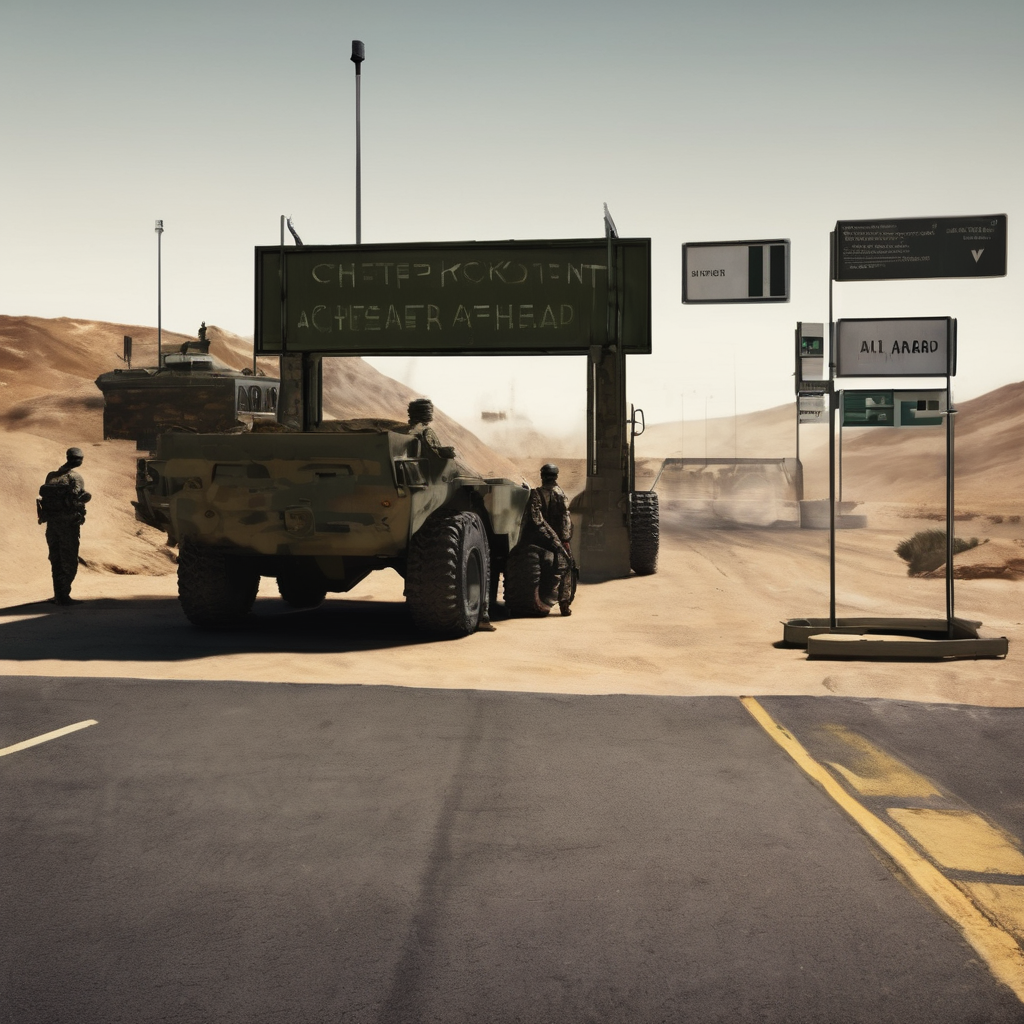Civilians in al-Fashir, Sudan, have faced horrific violence amid the ongoing conflict between the Rapid Support Forces (RSF) and the Sudanese army, with alarming accounts emerging from witnesses of the recent takeover. Eyewitnesses described chilling scenes of civilians being shot in the streets, targeted by drone strikes, and run over by vehicles as the RSF cemented its control over one of Sudan’s largest cities during the offensive that began on October 26.
Reports from fleeing residents detail a chaotic and brutal environment where young people, the elderly, and children were not spared from the violence. One witness recounted how an attempt to flee intense shelling turned fatal when RSF trucks surrounded their group, which resulted in indiscriminate machine-gun fire and civilians being crushed.
The accounts from al-Fashir reflect a broader pattern of violence reported throughout the Darfur region, exacerbating an already dire humanitarian crisis. The RSF’s actions have drawn international condemnation due to their brutal methods and the increasing risks faced by civilians trying to escape the conflict.
Alarmingly, the United Nations has warned that the situation in al-Fashir remains catastrophic, with reports suggesting that mass casualties have been occurring amidst the RSF’s aggressive tactics. Eyewitness accounts tell of individuals being hunted by drones, while satellite imagery supports claims of grave disturbances and possible mass graves within the city.
Despite attempts for a humanitarian ceasefire and discussions for a cessation of hostilities, the violence continued with drone attacks reported even after negotiations were announced. On the ground, trauma and fear persist among those trapped in al-Fashir, as many report harrowing experiences of fleeing from lethal violence and arbitrary abductions.
As this conflict escalates, the need for humanitarian assistance is growing. Local resistance fighters have bravely engaged the RSF forces, but the overwhelming military firepower poses significant risks to all. Concerns surrounding famine and displacement are worsening, emphasizing the urgent need for the international community to intervene and provide relief and support to alleviate the suffering in Sudan.
The situation in Sudan underscores the complexities of conflict and the profound impacts on civilian lives. In light of these challenges, the resilience of the affected communities offers a glimmer of hope, as continued support from international organizations may pave the way for necessary humanitarian efforts, fostering stability and peace in a region long afflicted by conflict.
